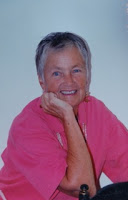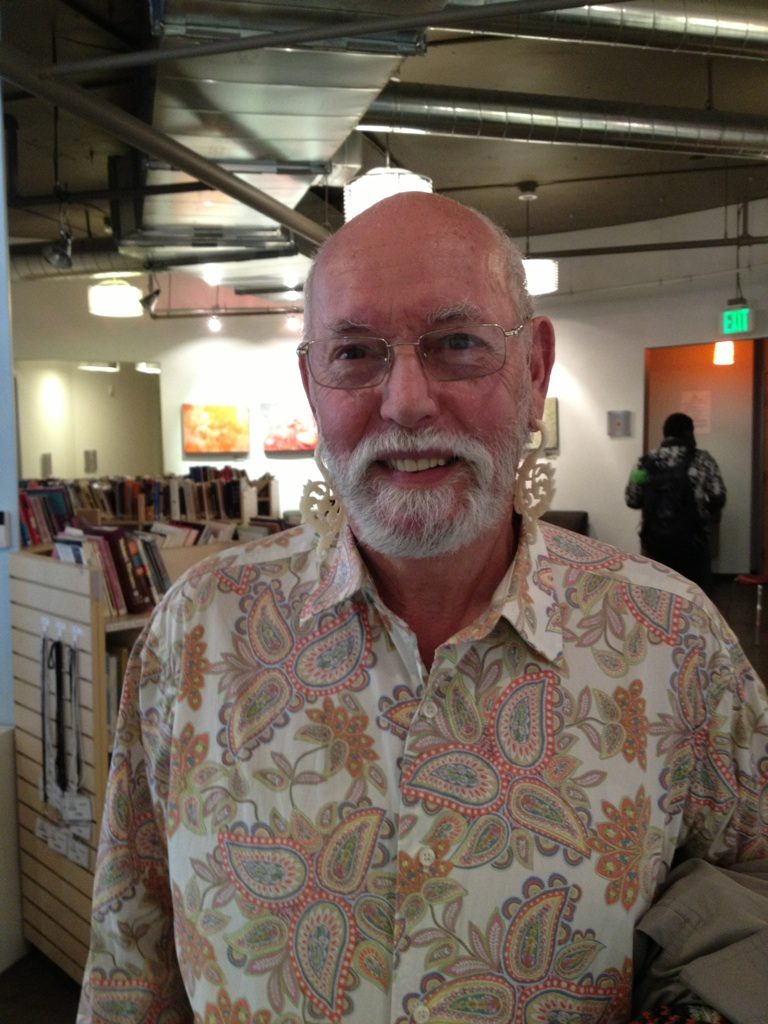When I was an infant, the scientists–physicians and psychologists–who knew everything there was to know about mothering, all proclaimed that holding your baby too much was not a good thing. The consequences of this seemingly natural human behavior was, in fact, risky. Babies could grow up expecting to be held all the time. They would become dependent on being held, they would become “spoiled.” Also at the time cow’s milk or cow-milk-based formula created by humans and promoted by the forces of capitalism, was better for a human baby than human milk which was, after all, only poor mother nature’s formula for what is best for a newborn.
Years later when I became a mother the same thinking was prevalent–except for the milk ideas. There had sprung up in recent years a group of rebel mothers called Le Leche League. The group promoted breast feeding among new moms. They had a book which described the benefits of not only the milk, but also the process of delivering the milk, not the least of which was to hold your baby close while feeding him. They held the notion that there is a reason the female human body is configured as it is. That properly and naturally feeding your baby required holding him close.
I actually heard many mothers at the time say “The problem is that if you breast feed your baby, you will become completely tied down to him/her.” When I told my doctor husband this, he had the perfect answer. “Well, a mother SHOULD be tied down to her baby. That is how a baby survives and thrives.”
My oldest child did not have the benefits of breast milk for very long. The pediatrician instructed me, a very insecure novice mom, to begin supplementing the breast milk with formula after two months or so. Why? Well, baby needs more milk and it was believed baby could not get enough milk from its mother alone. I soon learned that once you start the process of bottle feeding, baby learns really fast. It’s much easier for her to suck milk from a bottle than from a breast. It flows much, much faster out of a bottle and, well, they don’t have to work so hard to get it. Then, of course, they don’t want the breast milk, demand for the rich liquid plummets, and the milk-making machine quickly becomes non-productive.
I later learned that breast milk is the best, there is plenty of it as supply usually meets with demand, and it works perfectly for about one year, longer if one wishes, and if the feeding is supplemented with a source of iron.
Actually, in a society driven by corporate profits the truth is the main problem with breast feeding is that the milk is free, so long as the mother is properly nourished and hydrated. No one is buying anything. No one benefits monetarily from that method of feeding, no one except baby and mother. No corporate profit is to be made. Baby and mother alone benefit.
It seems that to be held IS important–not just for babies but for children and adults as well. Being held promotes healing, comfort, security, well being of all kinds. It is hard to imagine how it ever came to be regarded as detrimental. Yet the notion continues in some minds.
One of the first complete sentences my oldest child ever uttered was, “I want to behold.”
Of course when we first heard this we asked, “Behold–behold what? A star in the East?
“What do you mean, ‘I want to behold?’ Oohh! You need comforting and reassurance. You want to be held,” we said realizing that our brilliant three year old was not familiar with the passive form of the verb to hold.
Holding in a loving way and being held is loving behavior. What adult does not want to hold a kitten or puppy immediately when he or she see it. I think holding each other as an expression of love is something we learn or at least become comfortable with early in life. I think we could use more of it in this troubled world of ours. I’m all for it.
© 8 October 2012
About the Author
Betsy has been active in the GLBT community including PFLAG, the Denver Women’s Chorus, OLOC (Old Lesbians Organizing for Change), and the GLBT Community Center. She has been retired from the human services field for 20 years. Since her retirement, her major activities have included tennis, camping, traveling, teaching skiing as a volunteer instructor with the National Sports Center for the Disabled, reading, writing, and learning. Betsy came out as a lesbian after 25 years of marriage. She has a close relationship with her three children and four grandchildren. Betsy says her greatest and most meaningful enjoyment comes from sharing her life with her partner of 30 years, Gillian Edwards.



